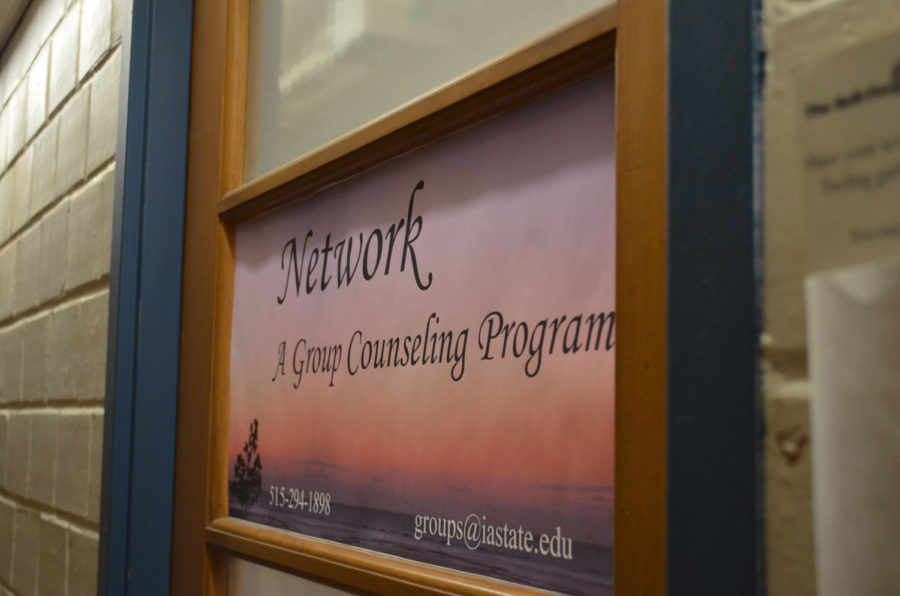Department of Psychology helps you learn to forgive yourself
February 25, 2013
Not being able to forgive yourself for doing something that has hurt someone, especially someone you love, does not have to affect your day-to-day life any longer.
The Department of Psychology at Iowa State has set up a program to help people overcome past regrets.
The program offers counseling sessions for people who are full of regret, guilt and self-hatred because of acts they have committed in their past that have hurt people around them.
Marilyn Cornish, graduate student in psychology and lead investigator for this research study program, said she and her adviser, Nathaniel Wade, associate professor of psychology and a co-investigator in the study, had previously done research on forgiveness.
Participants in the research study will go through eight sessions of emotion-focused therapy. These sessions aim to help them take responsibility for their offenses, find their own ways of repairing the relationships they have affected and not blame themselves for what has happened.
During the therapy sessions, participants will discuss their offenses, do experimental exercises and complete homework assignments designed to study their offenses. How they are responsible for their offenses, their emotional reactions, and how they can move on and begin to forgive themselves are also a focus of the study.
“There are not a whole lot of tailored interventions out there to actually help clients with forgiving themselves,” Cornish said. That was one of their main motivations for wanting to start this new program.
In order to be eligible for the program, there are a few requirements that participants must fulfill.
First, participants must be able to recall a time when they hurt or offended another person. They must still experience some regret and personal discomfort about their actions.
Next, the offense must have occurred in the last three months, and it cannot involve actions that they are still committing against the other person currently.
Also, participants may not currently be involved in any other counseling or therapy.
Finally, participants must be willing to spend eight weeks on a waitlist prior to beginning the counseling if they are randomly assigned to do so.
About 25 participants have already gone through the counseling, and the Department of Psychology is still recruiting. They hope to have about 40 people to complete the study.
Study participants are required to complete eight one-hour sessions with a trained therapist once a week for eight weeks.







